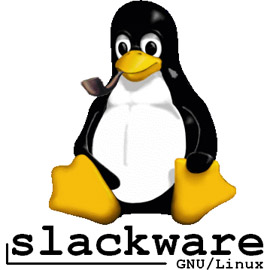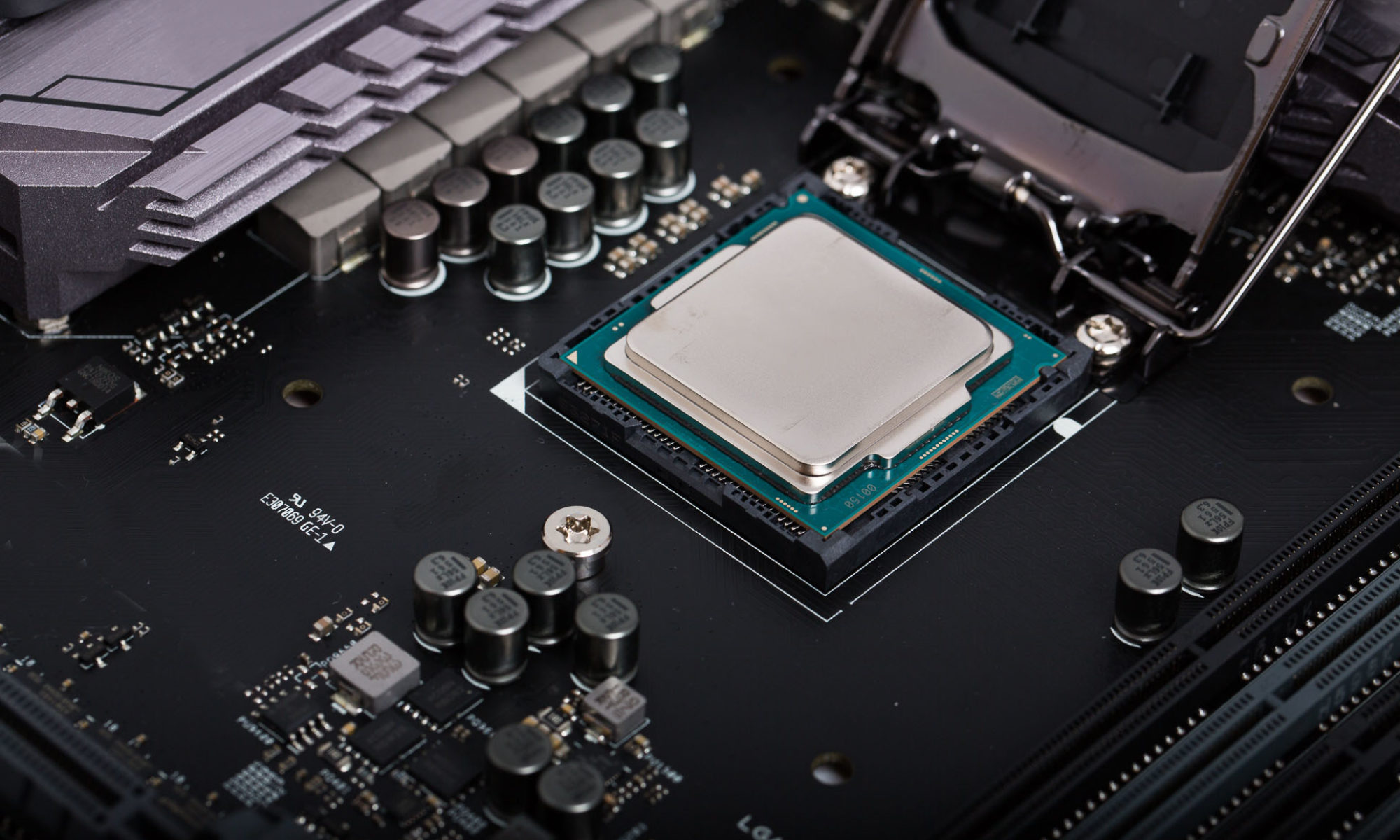I started using Fedora as my first distribution back in 2006. I had tried other distributions like Red Hat and Mandriva (Mandrake at the time), but I did not have any real first-hand experience. The first time I tried GNU/Linux was with a computer running Red Hat back in 2000/2001. I did not have any administrator priviligies to this system myself, so I never got around to learn how the system worked “beneath the hood”.
After spending a few weeks with Fedora and learning the very basics of how the system worked, I started loosing interest. Not because I was unable to get things working the way I wanted, but because I felt that I didn’t learn anything new. The system had become to much Windows-like in the way that every time I wanted to install a new program, I just opened a graphical user interface and clicked a few buttons. Not that it is wrong that a system resembles Windows, but it was just not what I was looking for. I wanted a real challenge.

When I first attended the university back in 2006 to work on my BSc in Computer Engineering, I met this guy who had been working with GNU/Linux for several years and who used a distribution known as Slackware. I had barely heard of the distribution at the time, but for some reason I decided to give it a try.
As of this date, I still use Slackware on most of my systems. During the last years I have also tried, and experimented, with other distributions to see if they suited my needs better, like CentOS, Ubuntu and Archlinux – but I’ve always returned to using Slackware. When people ask me why, I have no better answer than that is a simple system that gives me as a user the control I desire.
A lot of the users who run Slackware say that when you first start using the distribution, you really learn GNU/Linux. If you ask me, I couldn’t agree more. Now I know how to compile programs manually, how I can create my own packages and how I can compile the Linux kernel to optimize my own system. The knowledge I have gained while using Slackware is also quite generic, and can be applied to every other distribution.
When I think about it, I can safely say that my personal learning curve of GNU/Linux-based systems have risen drastically when I started using Slackware and my knowledge of GNU/Linux and other free open source software applications continue to grow.
